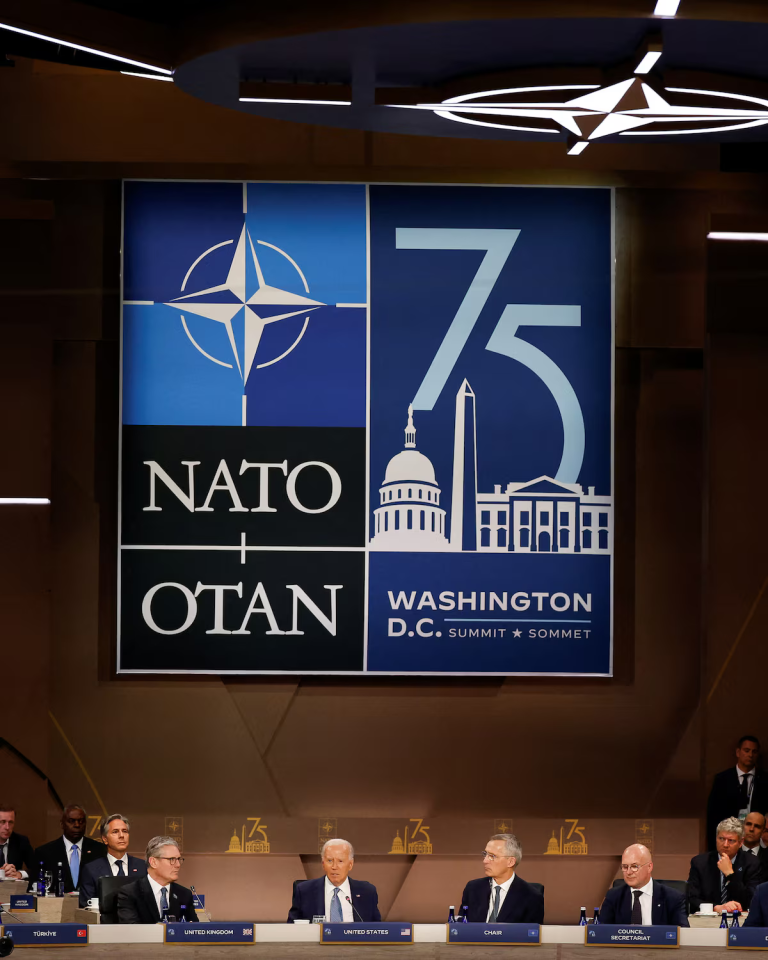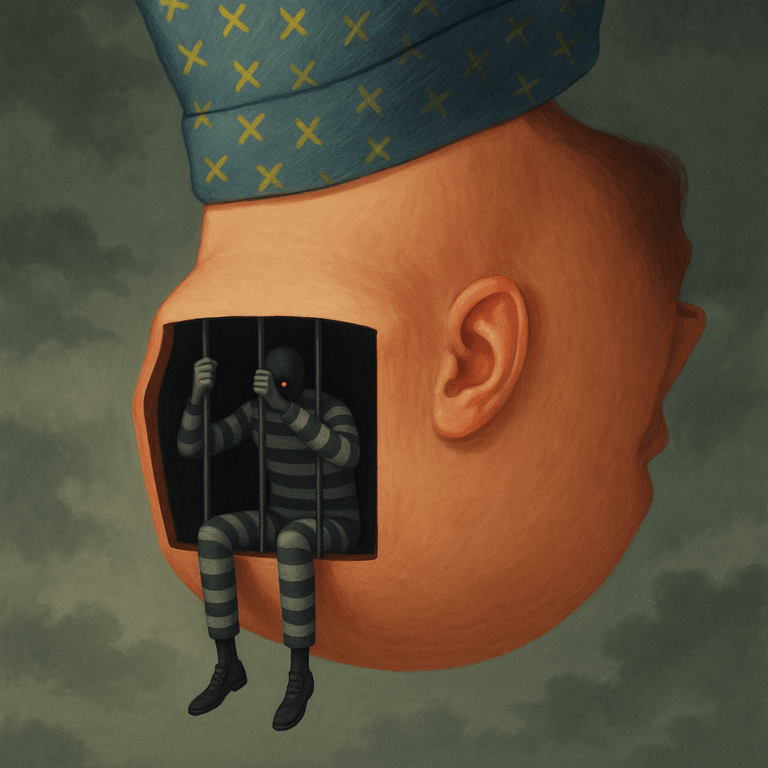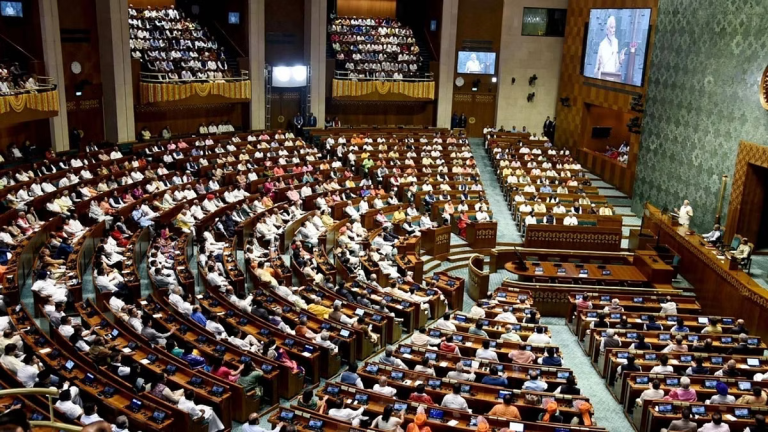There are some conflicts that primarily cause psychological tremors within a specific sphere, such as the invasion of Ukraine. In contrast, others become deeply entrenched in the collective consciousness, like the Israel-Palestine conflict, generating greater debate and subsequently dividing society.
Any conflict does not begin due to a singular reason; there is always a historical context; in this case, it is the aftermath of events that transpired over the course of more than a century.
Going over whose predecessors to blame is counter-productive; if it has not come with a prudent solution in the past, then why should it in the current instance?
Fundamentally, it is a matter of fact that both sides need legitimate political leadership to devise a constructive plan. On the one hand, you have a far-right government in Israel led by Mr. Netanyahu, with a popularity of just 18% as per YouGov; he does not head a government that has the confidence of its people to lead them to peace. On the other hand, the polity of Palestine is divided between the Palestinian authority, which controls the West Bank, and Hamas, which has a stranglehold over Gaza, the epicenter of the current conflict.
The Palestinian Authority has serious institutional cracks. First, it is filled with corrupt leaders, which has eroded public trust and hindered its ability to function transparently and efficiently. Second, it lacks democratic tenacity. The PA has repeatedly delayed elections and suppressed political dissent within its ranks, undermining its legitimacy and democratic integrity—vital characteristics that Western negotiators seek in a credible governing entity. Most importantly, the man who heads the PA is incapable of being a unifying force for the Palestinian cause; he is an octogenarian who may not live much longer.
Opposing the Palestinian Authority and fighting against the Israeli Defense Forces is Hamas; it must be explicitly recognized for what it is. Endorsing violence via suicide bombing, rocket attacks, and other means of assaulting civilians to achieve its political and ideological objectives makes it painstakingly clear that Hamas is a terrorist organization.
The realities of the day must be accepted by all.
A resolution to the conflict will only be achieved with a consensus amongst the worst: an illegitimate government in Israel, a corrupt Palestinian Authority, and a terrorist organization that has committed the largest acts of violence against the Jewish community since the Second Great War.
The actions of Hamas do not justify the retaliation by Israel’s legitimate government; the cost of their attack shouldn’t be the destruction of homes, schools, hospitals, places of worship, and work. Nor should it be the human toll—the deaths of grandparents, mothers, fathers, siblings, and children.
The continuation of the deaths of civilians benefits both sides.
For Mr. Netanyahu, the longer the war, the longer he stays in power. He has multiple court cases against him pertaining to corruption and faces the mandate of the people if his government loses the motion of confidence in the Knesset.
He does not aspire to the end of the conflict; if he did, he would have come up with a solution a decade ago. His strong ideological stance against a two-state solution truncated the iota of consensus with the Palestinians.
Mr. Netanyahu wishes the annihilation of the opposing side to cobble up support domestically as the great messiah that retributed the Israeli community.
As is the case with Hamas, it wishes for the total eradication of the Jewish population to cobble up support amongst the Islamic fundamentalists who dream of a resurgence of the Caliphate in the Middle East.
It has no sentimental feelings for the millions of Palestinians or the cause; if it did, it would not have started this conflict at all; rather, it would have gone to the drawing board with the opposing side to chalk up a plan for a two-state solution.
However, contrary to international perception, Mr. Netanyahu does not represent the Jewish people or the Israelis, as proven in the public opinion poll or even the mass demonstrations against him and his administration in Tel Aviv itself.
An optimist would hope for an end to the conflict, as any sane individual would. However, on the basis of the circumstances, the people who are in a position to end the conflict once and for all do not have the will nor the conviction; why would anything else change their minds?






